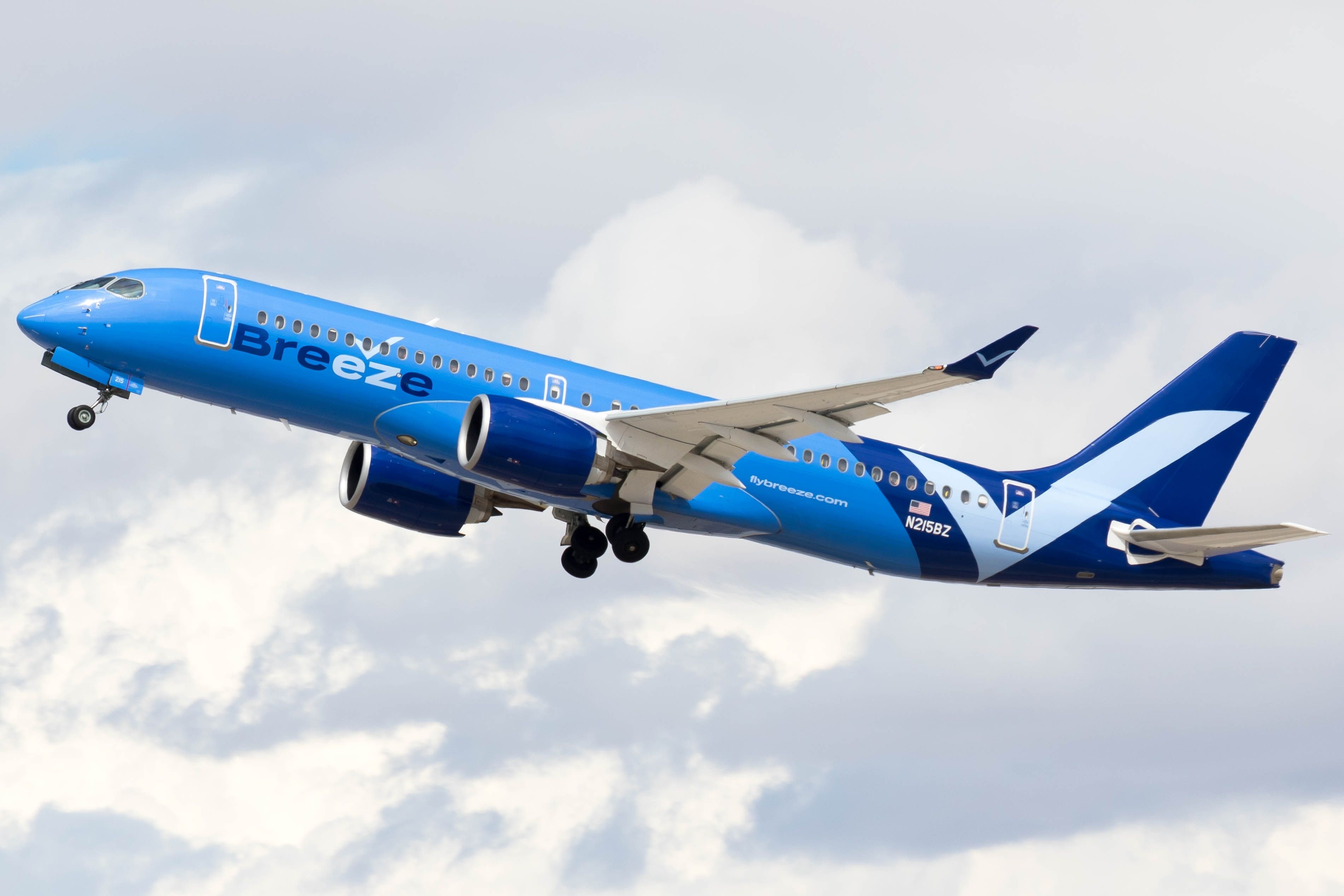Friday, November 29, 2024 In a rare weather phenomenon, Seoul is facing its most severe snowstorm in over half a century, severely impacting air travel and tourism. This unprecedented event has disrupted operations at Incheon International Airport, one of Asia’s busiest aviation hubs, leaving passengers and airlines grappling with cancellations and delays. The implications of this snowstorm reach far beyond South Korea, affecting global travel routes and tourism economies.
The heavy snowfall began on November 27, 2024, dumping over 28 cm (11 inches) of snow in the Seoul metropolitan area. Incheon International Airport, the gateway for millions of international travelers, bore the brunt of the storm. Safety concerns such as poor visibility and snow-clogged runways forced the cancellation of 110 flights and delays to 592 others on the first day alone.
This unprecedented weather event left passengers stranded, many of whom were traveling during the busy winter holiday season. On November 28, the chaos continued, with 14 percent of scheduled flights delayed and 15 percent cancelled. Leading global airlines, including Air France, Delta, Emirates, Etihad Airways, Korean Air, and Japan Airlines, were among those forced to halt operations.
Singapore Airlines reported delays to five of its flights, including SQ601, SQ605, SQ607, and SQ611, all operating between Seoul and Singapore. Other carriers such as Oman Air, Asiana Airlines, Air Asia, Shanghai Airlines, KLM, WestJet, and AeroM.


















